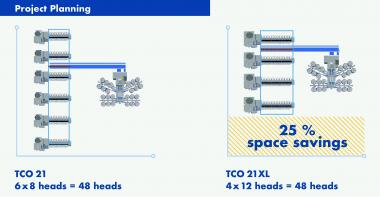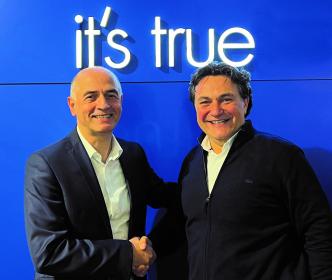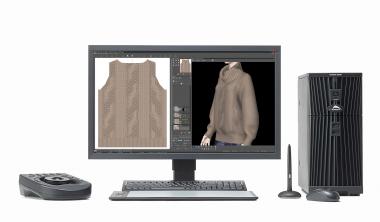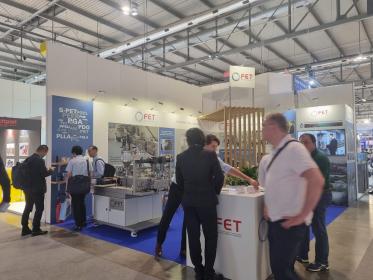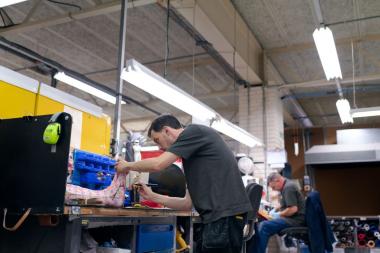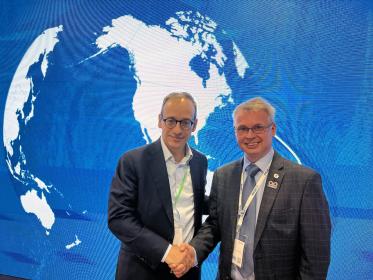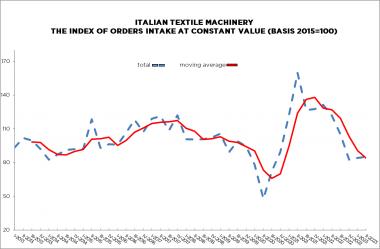Santoni Shanghai acquires German circular knitting machinery maker Terrot
Santoni Shanghai Knitting Machinery Co., Ltd. announced the strategic acquisition of Terrot GmbH, a manufacturer of circular knitting machines based in Chemnitz, Germany. The move comes as the latest development in Santoni Shanghai’s long-term vision to build an ecosystem that aims to reshape and consolidate the circular knitting industry. The transaction will be finalized pending approval from Chinese regulatory authorities.
The global circular knitting machine market is expected to see significant growth in the coming years, with a July 2023 report from Consegic Business Intelligence forecasting a 5.7% CAGR from 2023 to 2030, propelled by an increasing consumer preference for breathable and comfortable knitted fabrics as well as increasingly diversification of demand for knitted apparel. To seize this market opportunity, Santoni Shanghai has developed an ambitious strategic plan centered around innovation, sustainability and digitalization. The new partnership with Terrot aims to further this strategy by enhancing Santoni’s integrated and scaled-up ecosystem, while also driving the sustainable development of the global knitting machinery industry.
“With the strategic investment of Santoni, we aim to strengthen our position as the preferred solution provider to many of the world’s leading textile manufacturers and top brands as well as continue working with industry talents as we provide valuable and essential know-how to drive premium ‘Made in Germany’ textile machinery.” said Robert Czajkowski, Managing Director of Terrot GmbH. "We have found a strong, globally active partner with clear dedication to quality, performance and excellent expertise in all circular knitting segments, who understands the unique value proposition and potentials of our portfolio and with whom we can realize our growth objectives” he added.
Terrot GmbH














